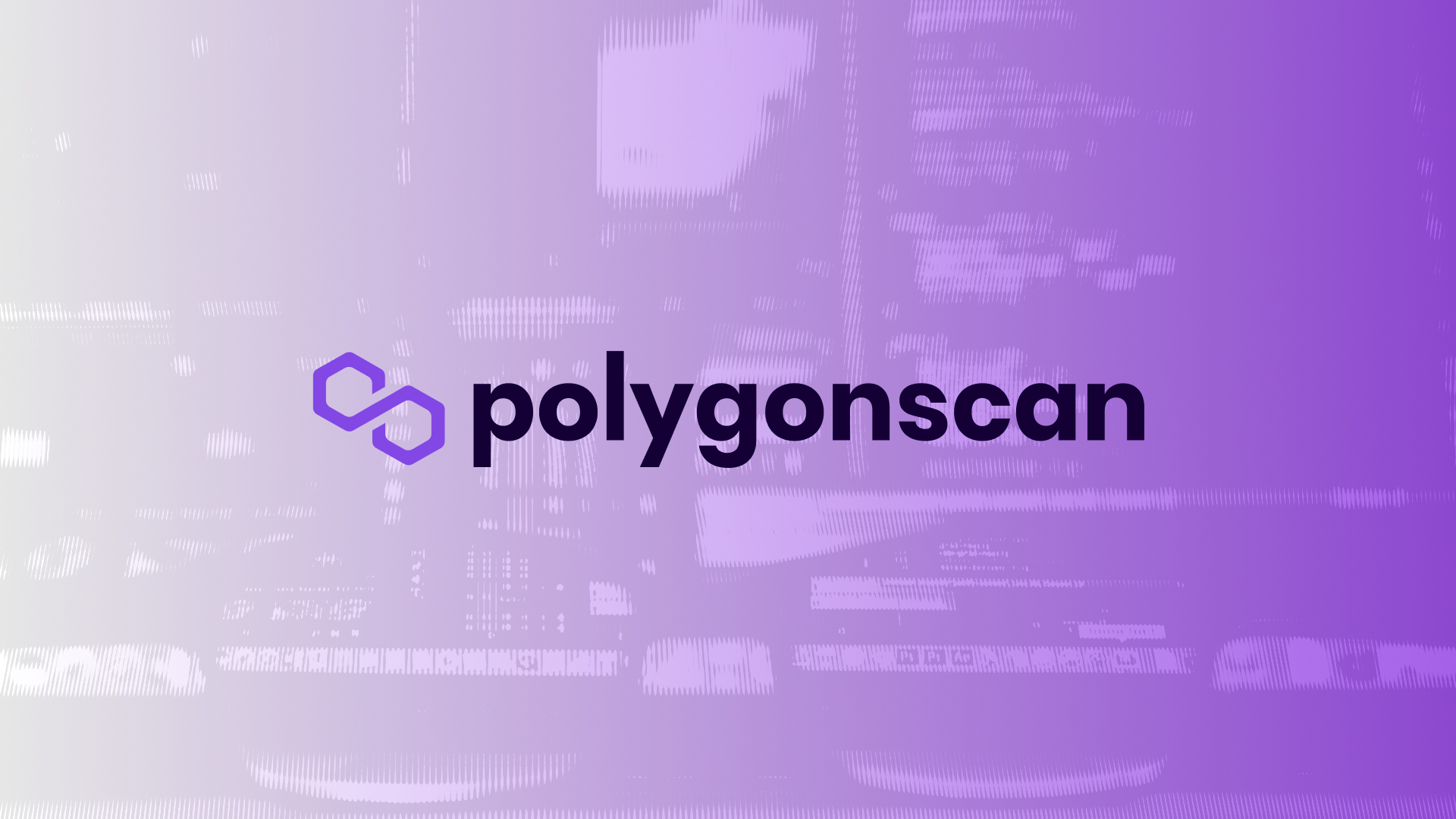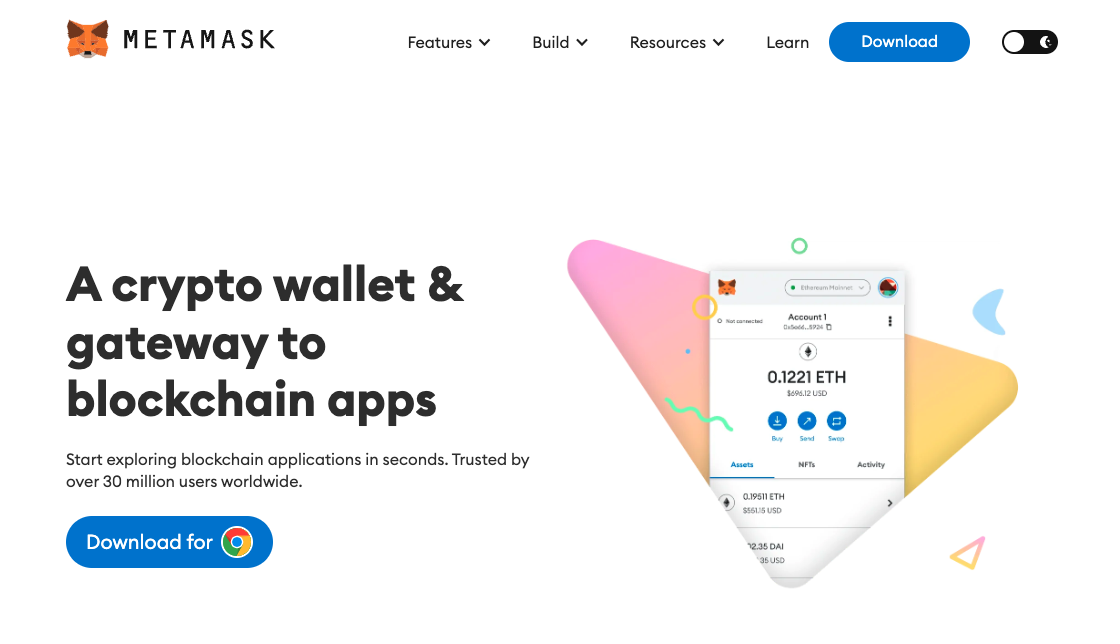What is a smart contract?
In short, a smart contract can best be compared with a programme that automates contracts. You can incorporate certain criteria, conditions and automations in it. Smart contacts therefore make it possible to settle one or more transactions without the intervention of a third party. Immotokens uses smart contracts to automate real estate investments. How we do this, we will explain in this article.
Why automation is a necessity in any industry
In every industry, automation is a necessity (sooner or later). there is virtually no escape from it, but neither is there a desire to do so. After all, automating processes offers many advantages. One of the advantages is maximising profit. Automation is an excellent means of maximising various costs. This automatically brings us to another important reason for choosing automation and that is efficiency. By automating processes, you ensure that all procedures run as smoothly as possible and you completely eliminate the chance of making human mistakes. After all, human influence is reduced to a minimum.
Blockchain technology is one of the technologies that has automation as one of its main core functions. In this case, smart contracts are used to actually realise the automation requirement. Smart contracts are the core of automation.
What are smart contracts?
A smart contract is a term that is used to describe a digital protocol that ensures that an agreement (contract) is made in the most secure way possible and, if desired, is executed automatically if the agreed criteria are met. The name "smart" already indicates that automation is at the heart of the protocol.
Smart contracts are the digital codes used to exchange assets such as shares, money or other property without the intervention of third parties. They are therefore fully automated or self-executing contracts that record the agreement between two parties using code. A smart contract is distributed, decentralised and transparent because it runs on blockchain technology.
A smart contract can be used to clarify rights and obligations in the most secure way, but it can also be used for multiple applications. Among other things, a smart contract can check whether all parties, who have jointly agreed to a smart contract, meet their obligations. If this is the case, the smart contract knows what action must be taken. This can be the release of money or the automatic sending of an authorisation to use a service.
Who invented this kind of "smart contract"?
The idea of using smart contacts is certainly not new. Nick Szabo introduced this idea already two decades ago. The idea was "a series of promises to be specified in a digital form". The two focal points of the idea were the use of digital currency and digital contracts. The idea really took shape (in an evolved form) with the introduction of blockchain technology. Initially, the technology was only capable of shaping and implementing some simple forms of smart contracts. The concept was further developed to its current form with the emergence of Ethereum. This is why the Bitcoin protocol can only handle simple smart contracts and why the most advanced protocols are better off on the Ethereum network. After all, Bitcoin, the mother of all crypto currencies, was introduced much earlier.
Objective of using smart contracts
The ability of smart contracts to embed rules is very useful for several reasons. The main objective of using smart contracts is to provide better digital security than traditional contracts. In addition, this form of automation/digitisation results in considerable cost savings. After all, in theory you do not need a notary or legal support for this, which reduces costs considerably.
Benefits of using automatic digital contracts at a glance:
- Smart contracts provide a secure environment for implementing agreements.
- Smart contracts are autonomous, which brings their functionality to a higher level.
- Smart contracts cannot be interrupted by a third party
- Smart contracts provide an environment where having or creating trust is not an issue.
- Smart contracts are cost-effective
- Smart contracts offer fast performance
Using a smart contract in practice
There are various examples of the use of a smart contract in practice. For many cryptocurrencies, smart contracts are used as the basis for the concept. In addition, smart contracts (as indicated) are frequently used in the use of blockchain technology. Immotokens also makes use of smart contracts. Immotokens uses smart contracts to record the rights and obligations of the property owners and to make these transparent for all parties involved. This allows us to reduce the costs enormously and making real estate investments accessible to all!
Do you have any questions about our offer and/or are you interested in discussing the possibilities with us, without any obligation on your part? Then feel free to contact us.



